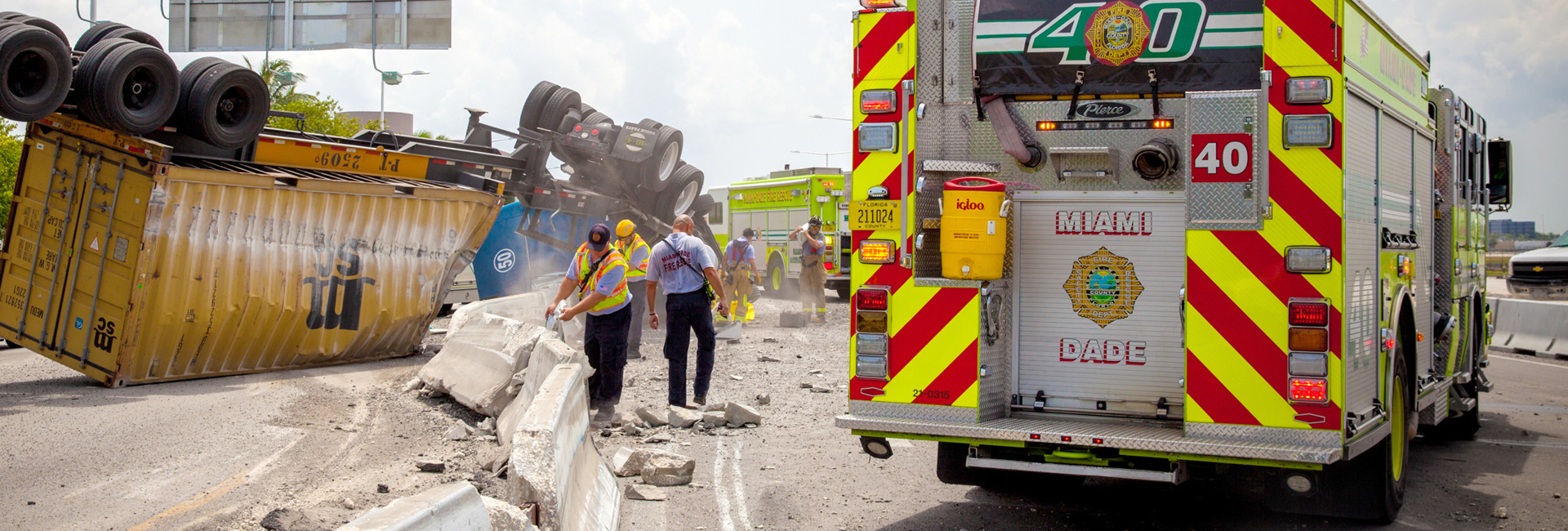Safety Tips: Home Safety for the Elderly
One in every three senior citizens over 65 falls each year, and the numbers are even higher for seniors over 75 years. Many of these falls result in serious injuries including sprained or fractured ankles, head or brain injuries and most commonly, hip fractures. Plus, statistics show that those who have fallen once are much more likely to fall again later. When you add up all the numbers, the result is that injuries from falls are the leading cause of admittance into nursing homes.
It is no coincidence that we are more likely to fall as we get older. An increase in medical problems and arthritis combined with a decrease in physical activity make us more susceptible. Sometimes the medicines prescribed to treat medical conditions produce side effects that can cause dizziness, loss of balance and general fatigue. Other risk factors include vision loss, memory loss, and poor nutrition.
Seniors are also prone to osteoporosis, or loss of bone density, which makes bones brittle, so when they do fall, injuries are more likely. Additionally, recovery time after a fall is much slower for seniors, and once they have fallen they tend to decrease activity in fear of falling again. This fear of falling actually increases the risk of another fall.
A majority of all elderly falls occur at home, so a good start to helping seniors stay safe is to clear the home of common hazards. Here are some guidelines:
- Make sure all hallways and walkways are clear of cords, cables, and clutter.
- Avoid the use of area rugs and mats, but if they are used, make sure they are backed with a non-skid material and make sure edges are not torn or frayed.
- Increase lighting throughout the house.
- Have baseboards and door frames painted in a contrasting color for better visibility?
- Install railings on all stairways and make sure they are well lit with light switches at both the top and bottom of the staircase.
- In the bathroom, place non-skid mats in the shower/tub and have grab bars installed by a professional.
- Outdoors, make sure that all yard surfaces including lawns, patios, walkways, and driveways are level without cracks, holes or loose bricks. Have adequate outdoor lighting that turns on automatically with a timer or light sensor.
- Have a phone installed in every room of the house or have a cordless phone that can be clipped on and worn at all times in case of emergency.
- Consider a daily "check-in" phone call to a family member or friend at a designated time. That way, if the senior does not call, someone will know to check on him/her. Some local police departments offer a similar program for seniors at no cost.
A huge part of preventing falls is staying active. Increasing strength and flexibility improves balance. Studies have found that physically active seniors have the fewest falls, and the falls they do have are less severe. Any exercise is good, but Tai Chi is gaining popularity with seniors because it increases coordination, body awareness, strength and flexibility with fluid, non-impact movements. Community centers and schools offer classes at little or sometimes no cost.

Fire Rescue
Raied "Ray" Jadallah
R. David Paulison Fire Rescue Headquarters
9300 NW 41st Street,
Miami, FL 33178-2414
786-331-5000

